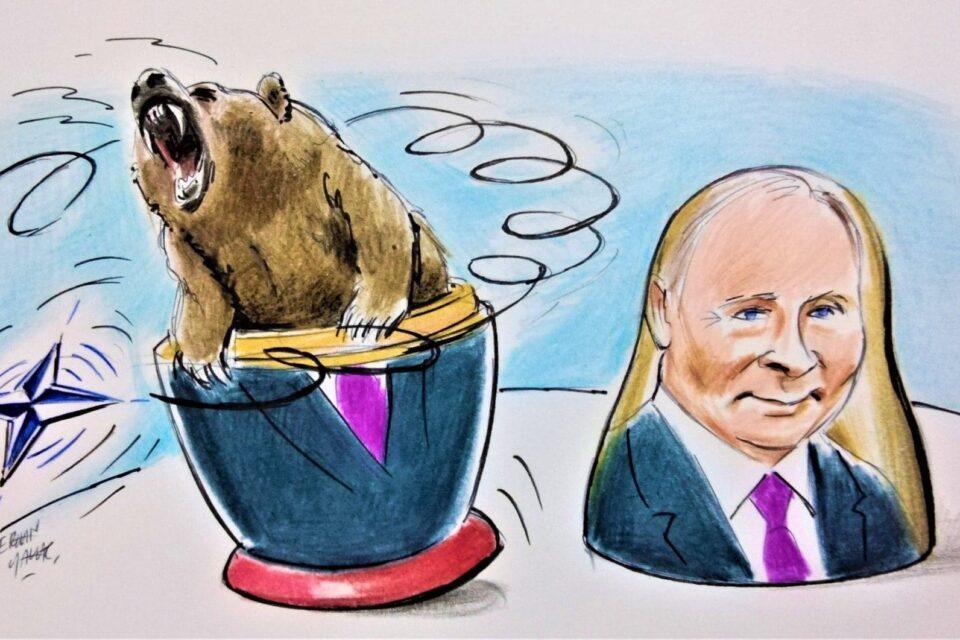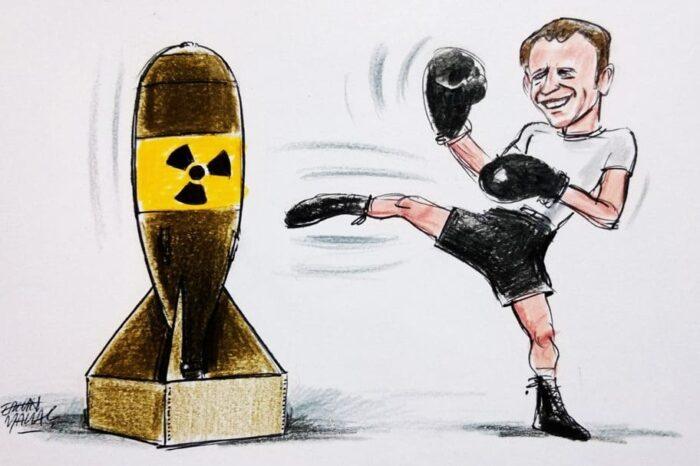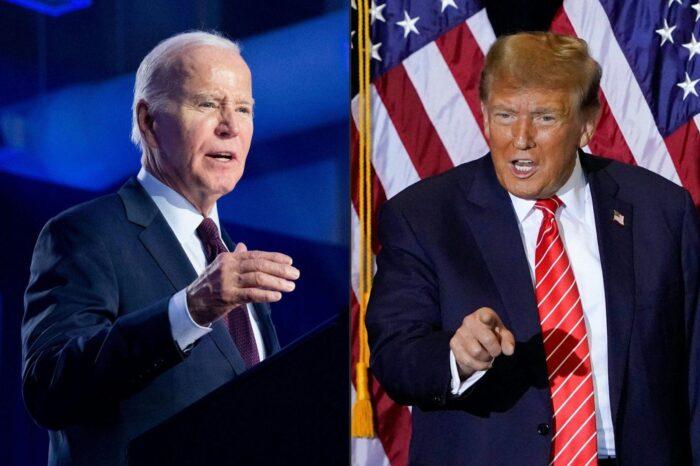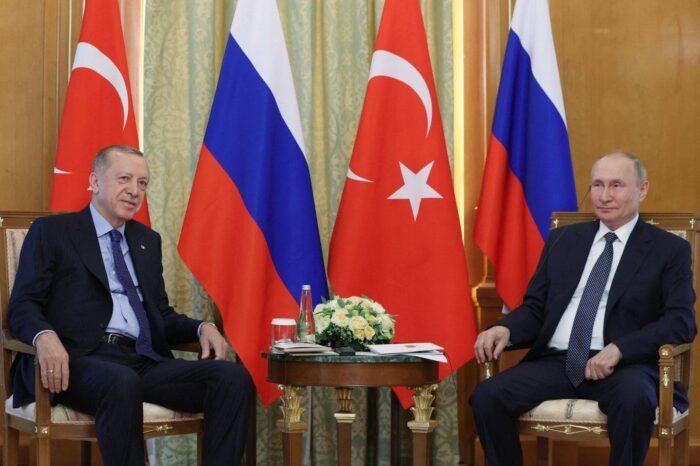Putin compels the Western alliance

On the 30th anniversary of the Soviet Union’s disintegration, governments around the world are fixated on tensions between the West and Russia over Ukraine. It is no secret that Moscow is prepared to take fresh steps to consolidate Russian influence over former Soviet territories.
Within the context of the latest developments, the Kremlin demands a written guarantee from NATO, whereby the organization would terminate its military activities in Central and Eastern Europe, and shut the door on Ukraine and other future members. In other words, Russia considers Ukraine’s potential admission to NATO a “national security” issue. As such, it expects to “permanently and irreversibly” revise the balance of power between Russia and the West. Moscow, whose demands regarding Eastern Europe and Ukraine have not been met, now threatens to deploy troops to Cuba and Venezuela. Diplomatic talks in Geneva, Brussels and Vienna have failed. All eyes are now on Russian President Vladimir Putin.
The United States intelligence community alleges that Russia is preparing to carry out false flag operations, and U.S. President Joe Biden is almost certain that the Russians will act. It remains unclear what course of action Putin, having failed to secure written guarantees from the U.S. and NATO, will take. Biden publicly stated that there was a difference between cyberattacks and the Russian army’s support for separatists, and an all-out occupation in the form of Russian troops setting foot on Ukrainian soil. According to the U.S. president, there are differences of opinion among NATO allies regarding potential responses to Russia. Secondly, he remarked that the Russian occupation of Ukraine would be the most significant development since World War II.
Economic sanctions threat
The most important trump card at the Western alliance’s disposal is to target Putin and his inner circle with economic sanctions. Yet the Russian president, who survived past sanctions, is not expected to back off. Although the Western media views Putin’s actions as “an attempt to rebuild a great empire,” the Russians clearly remember that the West and the U.S. broke the promises they made in the aftermath of the Soviet Union’s demise. Even former Soviet Union leader Mikhail Gorbachev, who oversaw the Soviet empire’s disintegration, recently accused the U.S. of expanding NATO due to vanity rooted in victory.
Putin’s escalation of the situation in Ukraine has certainly opened the discussion about NATO’s own future. Without a doubt, the Donald Trump era, when the U.S. president described the organization as obsolete, is long gone. Still, it won’t be easy for Biden to reinvigorate the trans-Atlantic alliance over the Ukraine crisis. Domestically, there is plenty of confusion regarding the Russian policy. NATO and U.S. officials stress that the organization won’t reverse its “open door” policy.
At the same time, however, essays have appeared in Foreign Affairs suggesting that NATO should shut the door on new members. The Wall Street Journal also ran a piece calling for the deployment of American and coalition forces to Ukraine in order to stop Putin. As such, ongoing tensions with Putin represent a challenge for U.S. policymakers. Some make the point that the Russian leader has never lost a major war. It goes without saying that the Western alliance does not want another Cold War either. As a matter of fact, the last thing that the U.S. would want is some kind of violent conflict to distract it from the Indo-Pacific region and China.
The Ukrainian cards
To cut a long story short, both sides in the Ukraine crisis keep taking certain steps. The other obvious question is whether Biden or Putin is taunting their counterpart. Some believe that Biden’s definition of a “minor incursion” was a sort of “green light” intended to trap the Russians. According to Russian dissident Alexei Navalny, Putin’s game is to trick the West in order to shelter himself from sanctions. At this time, there is no clear answer. Yet the majority of analysts looking into the current escalation believe that Putin will increase his power at the expense of the Western alliance, which cannot risk a new Cold War with Russia.
This article was first published in Daily Sabah on January 24, 2022.























